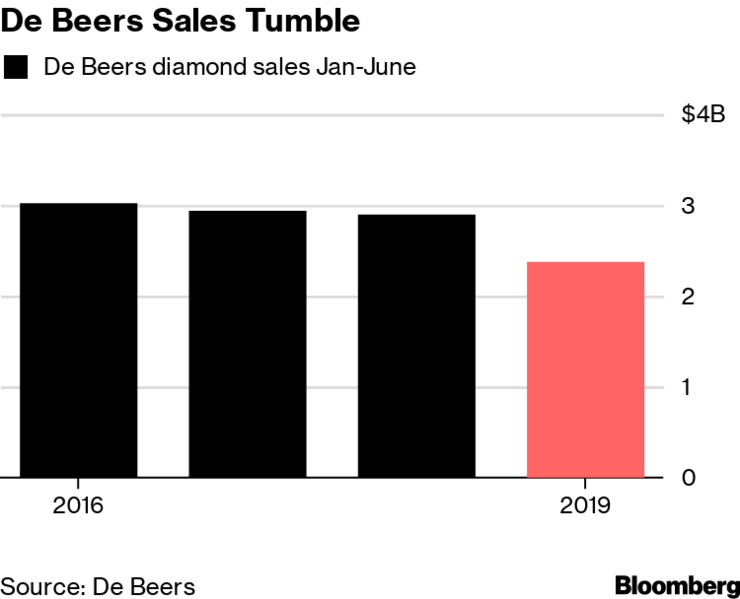Why is this interesting? - The Consciousness Edition
On materialism, panpsychism, and what it is like to be you
In addition to working at Axios, Marcus Moretti (MM) writes the great email Flow State highlighting ambient and experimental music to work to (featured in WITI 5/9). I guest-hosted Flow State with a writeup on William Basinski last week and now Marcus is returning the favor. We’re glad to have him. - Colin (CJN)
Marcus here. What is it like to be you? It’s hard to articulate, but you know the answer. Where it gets more mind-bending is accounting for why there’s even a “what it’s like to be you” at all. We experience consciousness every waking moment, but we don’t understand why.
Early theories said that consciousness was a piece of divinity. Descartes tried to use the existence of thought to prove that God exists. Physicalism and materialism offered a less theological take: Philosophers from ancient Persia, Greece, India, and China argued that there is only matter, and everything we observe is a property of it, including conscious experience.
The great counter-argument to materialism was made by Thomas Nagel in his 1974 essay titled “What It’s Like to Be a Bat.” In it, Nagel contends that the foundation of consciousness is being, not atoms or laws of physics. “Fundamentally,” he wrote, “an organism has conscious mental states if and only if there is something that it is to be that organism — something it is like for the organism.”
Why is that interesting?
This is the question considered by Annaka Harris’ recent book Conscious, a brief guide to the mystery of experience and humanity’s best working explanations. While she mentions some of the above ideas, she spends many pages on a theory I hadn’t previously encountered: panpsychism. The idea is that consciousness is a fundamental property of the universe, like mass or charge. This sounds like mysticism, but Harris reveals that several prominent theoretical physicists have reluctantly and quietly endorsed panpsychism as the “least unlikely” explanation of consciousness. Extraordinary phenomena require extraordinary explanations.
What was so fun about reading Harris’ book is that the entire time you’re reading it, your imagination and intuitions are pushed to their limits. Thinking about panpsychism and the phenomenon of consciousness reminded me of first encountering quantum physics: a huge but ultimately valid affront to our basic intuitions about the universe.
My own theory is that consciousness is a function of memory. For there to be a "what it's like to be," you must be able to reflect on your experience, which requires memory. In fact, this may explain an interesting aspect of the brain related to free will. Studies have demonstrated that there is a time delay between when the brain decides to do something and when the conscious mind becomes aware of that decision. It may be that the brain’s decisions and perceptions require a momentary encoding into memory before being discovered by, and composing the sensation of, consciousness. And that gives us the “what it’s like to be” part of our life.
What’s your theory? (MM)
Chart of the Day:
Sales of diamonds are tumbling. “De Beers has held prices relatively stable so far this year. That has led to customers declining to take up all the stones they’d previously agreed to purchase, as they struggle to make a profit at current levels. Buyers have also been hit by a shortage of finance and stagnant end demand, and a weaker rupee has made gems more expensive for Indian manufacturers, who cut or polish about 90% of the world’s stones.” Previously in WITI: The Synthetic Diamond Edition. (NRB)

Quick Links:
Timelapse of the future. Projects what happens on Earth and to our universe at an exponentially accelerating time scale. Shit gets crazy. (MM)
I think back to this Atlantic interview with Ian Bogost, author of the book Play Anything, often. He’s got a theory that play is a property things have, not something you do. Your job is to find the play. “Mowing the lawn or waiting in a dentist’s office can become enjoyable provided one restructures the activity by providing goals, rules, and the other elements of enjoyment to be reviewed below.” (NRB)
This is an economic theory I’ve been hearing more about lately: low interest rates are allowing companies that should otherwise die to survive, keeping new players from rising up. The Times had an op-ed on the concept: “The problem, however, is that government stimulus programs were conceived as a way to revive economies in recession, not to keep growth alive indefinitely. A world without recessions may sound like progress, but recessions can be like forest fires, purging the economy of dead brush so that new shoots can grow. Lately, the cycle of regeneration has been suspended, as governments douse the first flicker of a coming recession with buckets of easy money and new spending. Now experiments in permanent stimulus are sapping the process of creative destruction at the heart of any capitalist system and breeding oversize zombies faster than start-ups.” (NRB)
Thanks for reading,
Noah (NRB) & Colin (CJN) & Marcus (MM)


